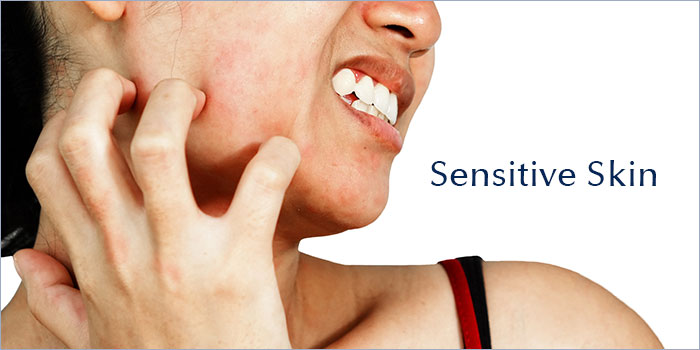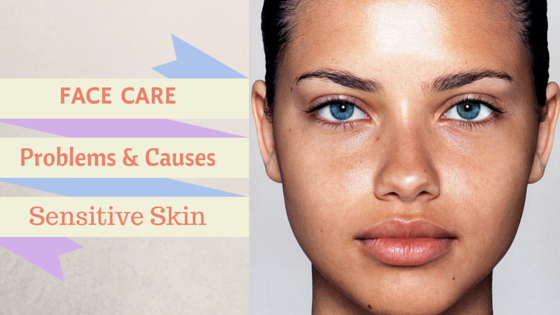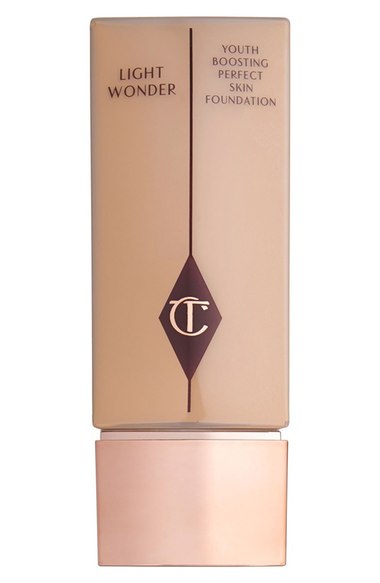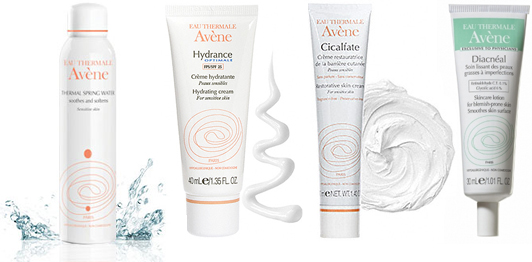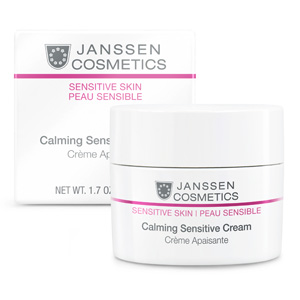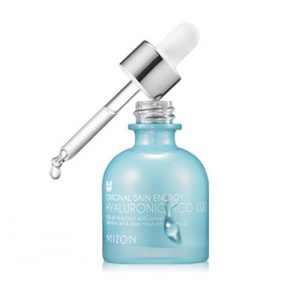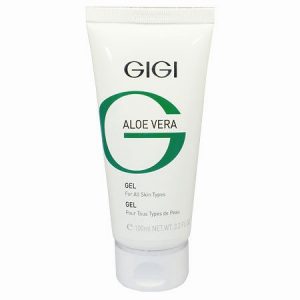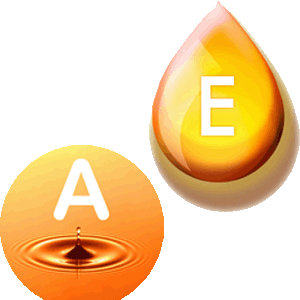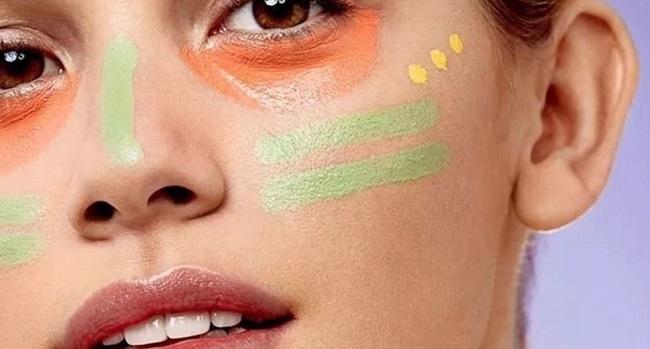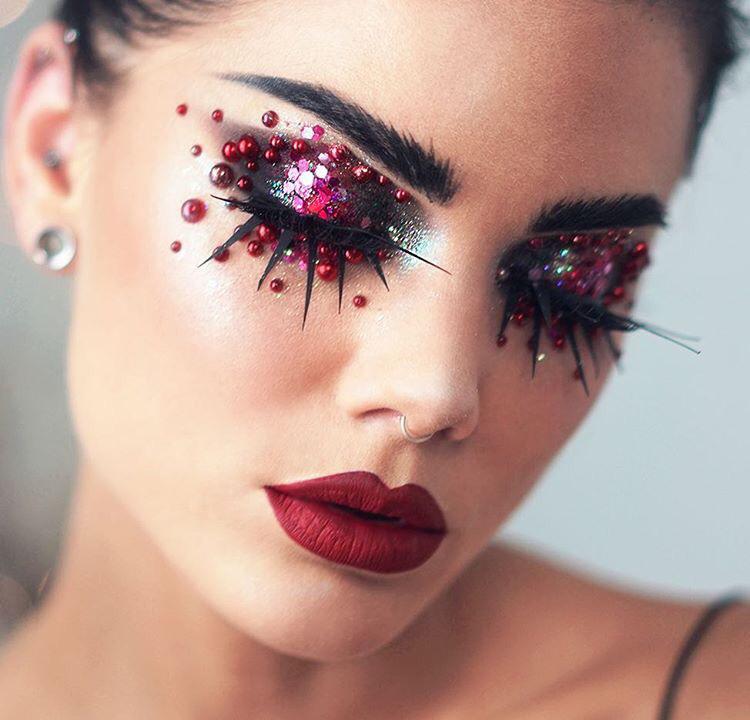Skin becomes sensitive for several reasons. This can be as a lack of nutrients, vitamins and minerals in the body, as well as improper skin care, as well as aggressive environmental effects, as a result of which the hydro-lipid layer of the skin is disturbed, it often starts to peel off and become stained. Skin sensitivity can also be hereditary, due to the small amount of sebaceous glands on the skin by nature, as well as their low activity.
Sensitive skin.
Sensitive skin is very fragile and immediately reacts to wind, sun, frost, in general, to all temperature changes. Of course, this skin is prone to aging much more than other types, especially quickly it affects the skin around the eyes and lips..
There are several types of skin sensitivity
– your skin is sensitive by nature, dry and thin, light complexion, quickly reddens in the sun; often there is a feeling of tightness, dryness, tingling, etc..
– your skin is hypersensitive and prone to irritation and any aggressive effect causes burning and peeling.
your skin simply does not tolerate excess sunlight, extreme cold, as well as aggressive cosmetics.
– your skin is hypersensitive or allergic. It reacts to the presence of perfumes, preservatives, an allergic reaction appears: itching, eczema, contact dermatitis, redness, skin rash.
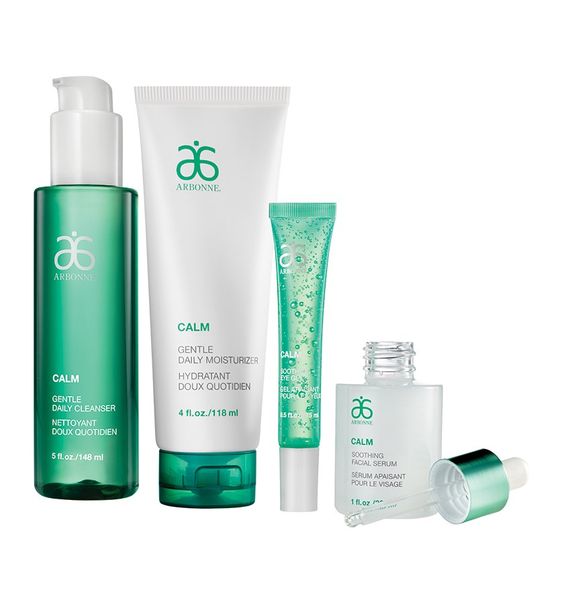
What is important to know for sensitive skin
Care must be taken to ensure that care is not very difficult. This applies to both the formulation and the drugs used. The fewer substances affect the skin, the less danger that it will not be able to transfer any of them. This means that you must abandon such a care program when two creams are applied one on top of the other. For example, instead of a day cream and tone, it is advisable to use only a tinting day cream with a moisturizing effect.
Substitute your face as little as possible with ultraviolet rays, and if you go out in the sun, apply a protective preparation with strong light protection filters. Waterproof sunscreen can protect your skin from the aggressive effects of chlorinated pool water.
In stressful periods, give up everything that can ruin the skin from the inside: coffee, black tea or carbonated drinks. You need to be careful with alcohol and hot spices and dishes. They stimulate blood circulation, increase nervousness, which with sensitive skin often leads to dermatitis and itching.
What is useful for sensitive skin
Allantoin – helps relieve unpleasant irritations, has a restorative effect
Hyaluronic acid – preserves natural hydration, accelerates wound healing
Natural oils – almond, myrrh oil, jojoba oil, plant extracts
Vitamin A – Fights Dryness
Vitamin C – Helps Heal Wounds and Cracks
Vitamin E – Protects against the harmful effects of UV rays.






